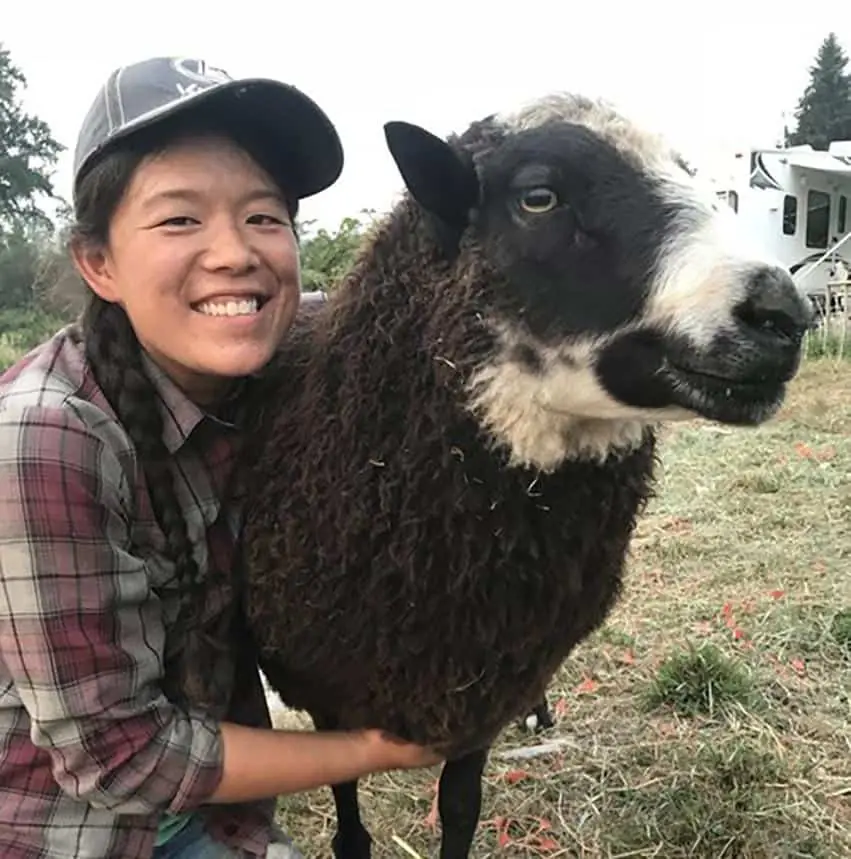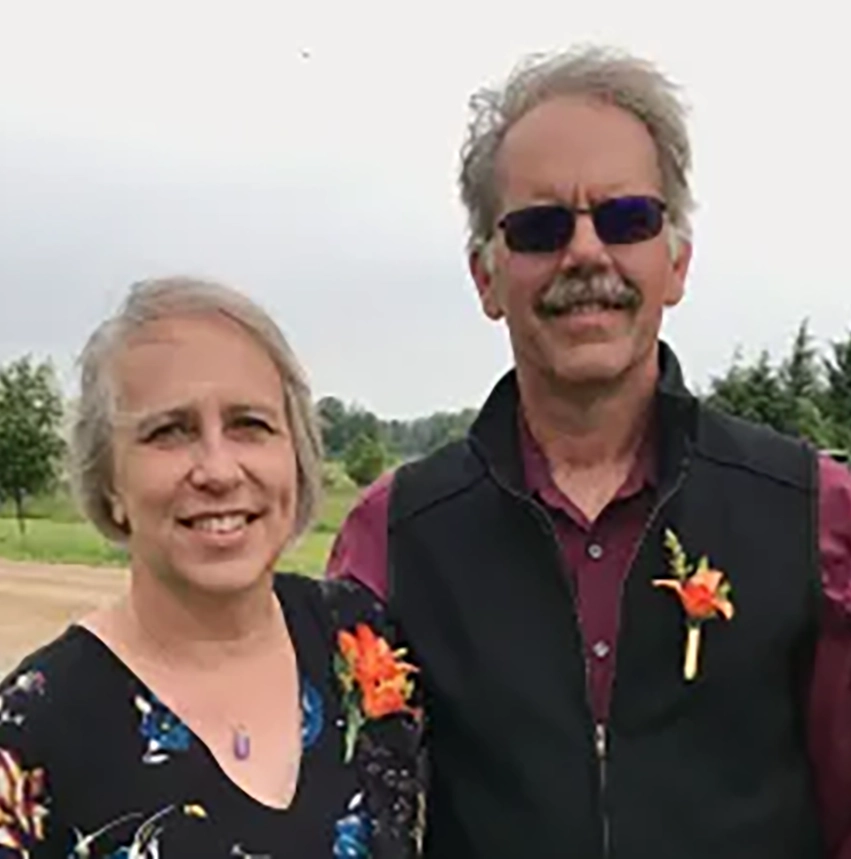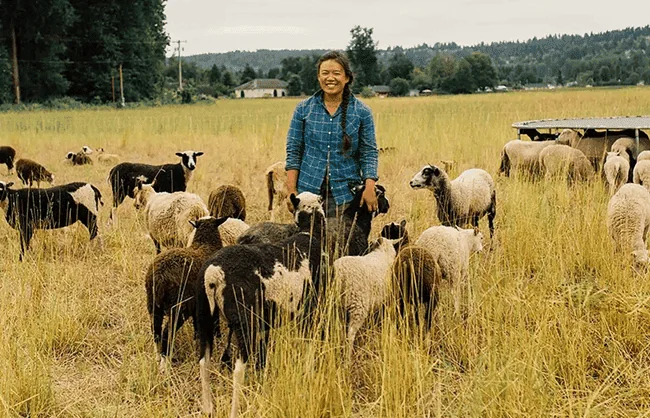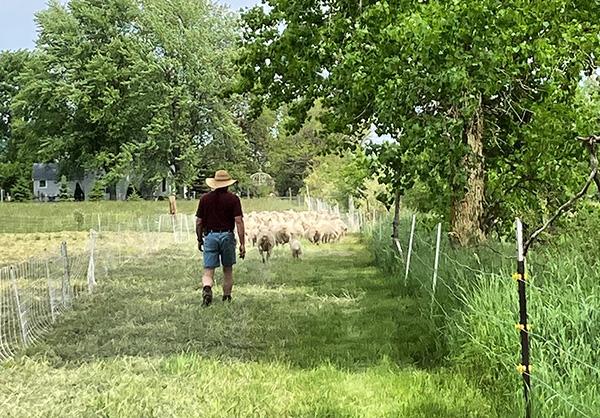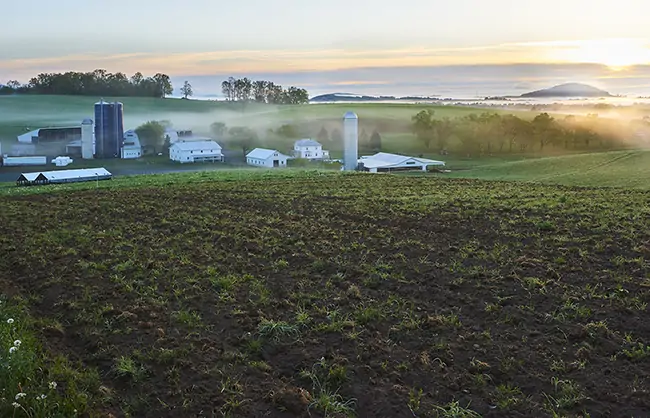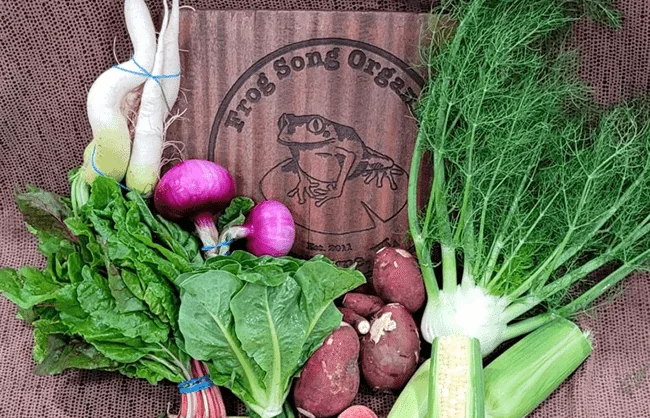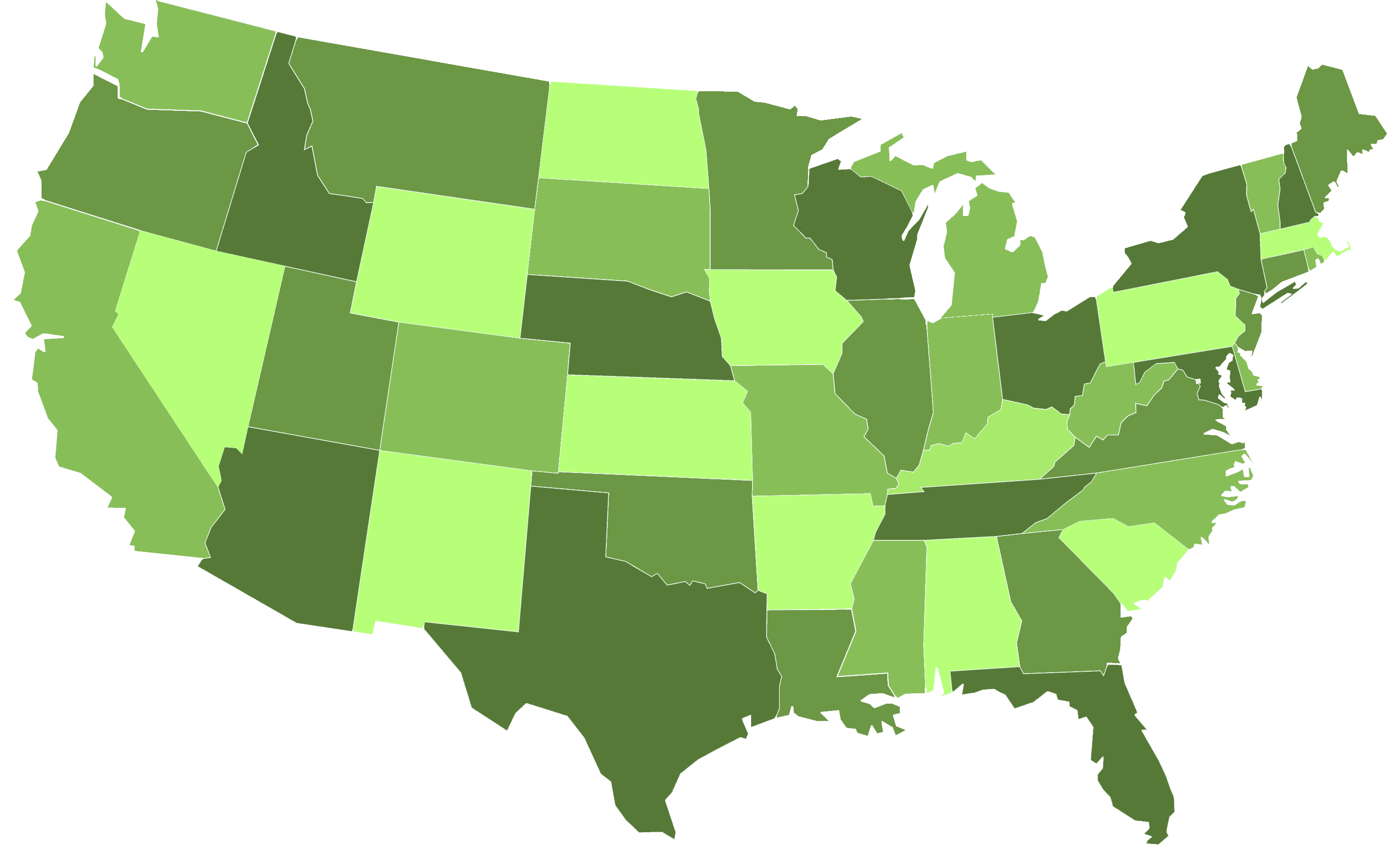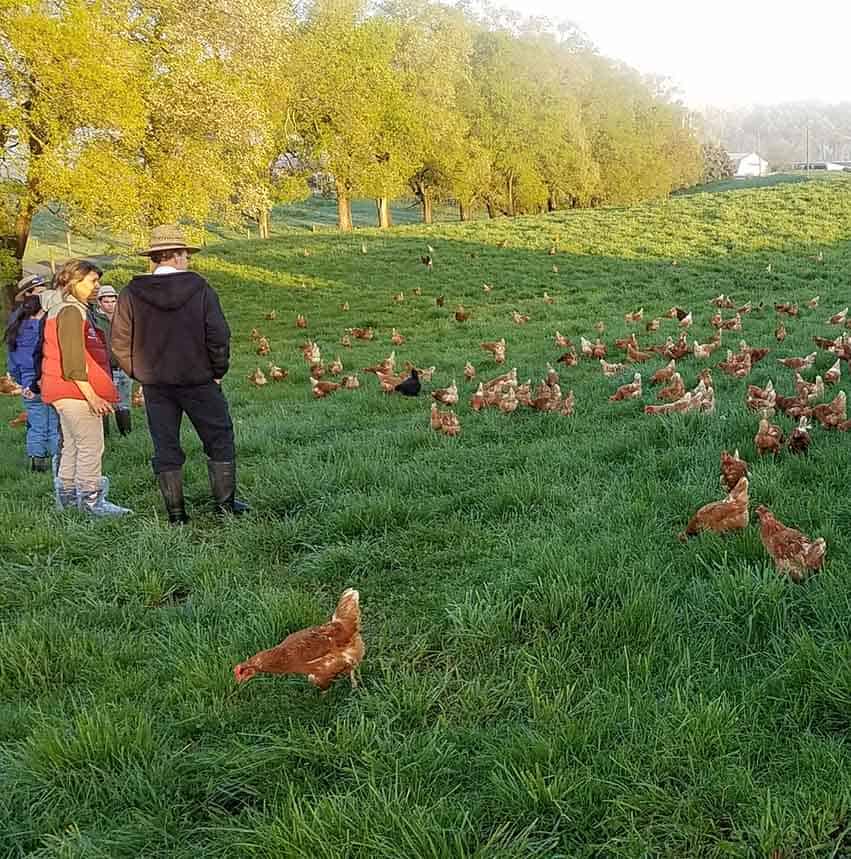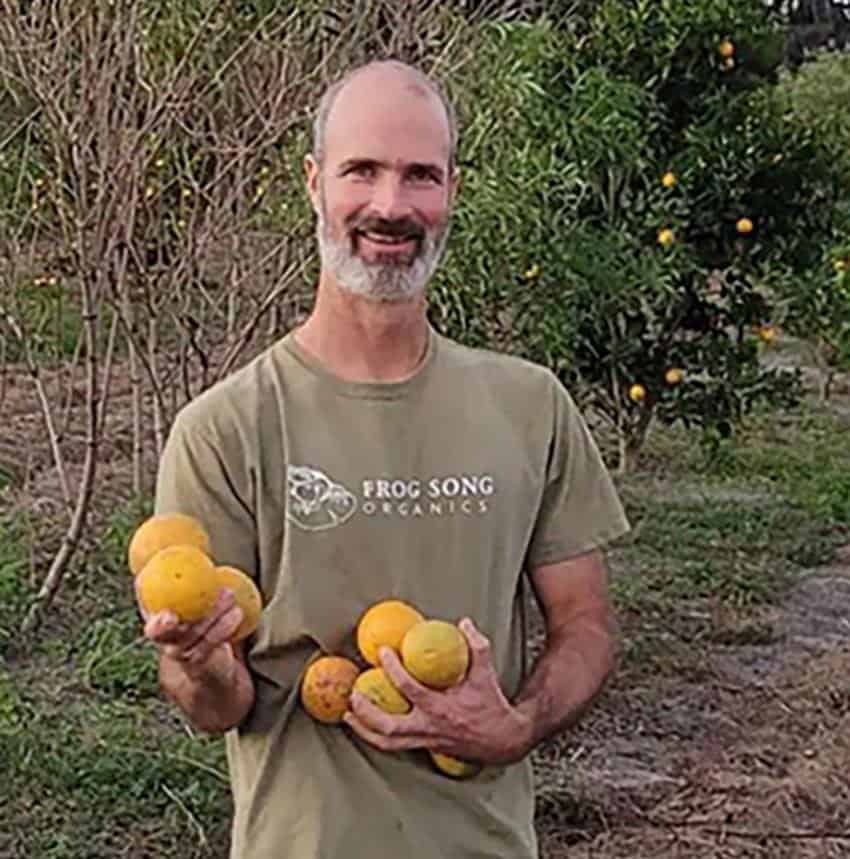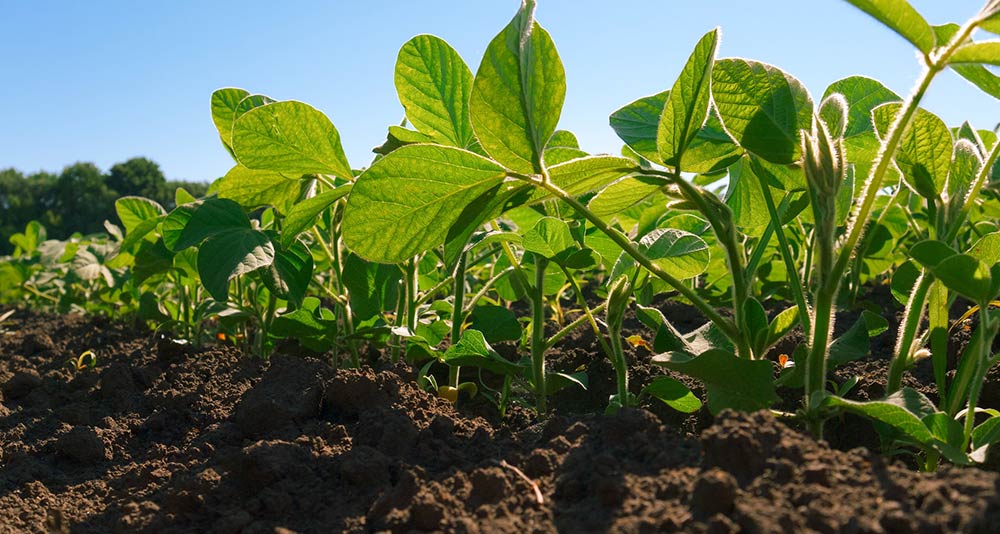Crop-Livestock Integration
Resources for Farmers, from Farmers
In the 2022 National Organic Research Agenda (NORA), organic farmers and ranchers across North America shared a common concern about the lack of technical assistance and educational resources available for Integrated Crop-Livestock Systems (ICLS). Crop-livestock integration is a holistic system that integrates the production of cash crops and livestock on the same piece of land or within the same farming operation. While farms implementing crop-livestock integration can lower input costs and reap many benefits, this integration can also lead to increased complexity, especially for farmers who must adhere to National Organic Program rules and regulations. At OFRF we know that farmers’ #1 source of information is other farmers. To address the call for ICLS resources, OFRF has developed a Crop-Livestock Integration series informed by interviews with highly experienced organic producers across the US whose farming operations have benefited from integrated crop and livestock production. The series includes four farmer stories, a video presentation, and factsheets on key topics, that include: The Benefits of Crop-Livestock Integration, Food Safety, Infrastructure, and Crop Rotations.



